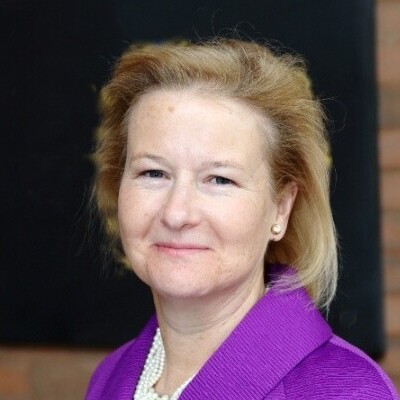
Building a career with impact in CSR
Creative and ambitious people that can help businesses shape and deliver their CSR agendas are in demand, says Lakshmi Woodings. Discover what careers in CSR involve and the skills you’ll need to succeed


People need to plot their course for the future as much as firms, and using the same processes deployed by organisations can help develop your career strategy, says Saïd Business School’s Kathryn Bishop
Sarah works in the head office of a UK retailer, and has been frantically busy over the last few months, as her employers have moved their business online. They’ve made rapid changes, opening up new distribution and delivery methods and investing heavily in web design and data collection. This was all new to them – and to Sarah, too. She has had to learn fast to oversee these new developments, and work closely with people in partner organisations whom she has never met and whose work she doesn’t really understand. It’s been a demanding year, and it doesn’t look as if things will ever go ‘back to normal’, or return to the way they were.
As we come out of the pandemic, Sarah is wondering what to do next – and so are her employers.
She has proved to herself that she can adapt and pick up something new quickly – and this could help her to make a transition into completely different role. Could this be the right time for her to pursue her interest in film, maybe by working for a media distribution or streaming business? Or should she stay where she is? After all, online retail is here to stay and there will be plenty of new developments in the months ahead.
Sarah needs to plot her course, decide whether to make a move and to time it to best advantage. And that’s precisely what organisations will need to do, as consumer behaviour continues to change.
Defining new strategies
Strategy teams inside organisations are gearing up for the work ahead, researching new market trends and devising possible new operating models. They are also thinking about the right time to implement these plans.
So, as they sharpen their pencils and get to work, there are parallel questions for each of us: what are you going to do next? Where do you want to work in the next few years? Is this the right time to change employers or even to move into self-employment? And if you are forced into making some changes because of post-pandemic pressures, how will you decide what to do?
Applying strategy ideas to yourself
This is the what, when and how of strategy: what to offer the market, and when – and how best to make these changes. There’s a why, too: has the organisation’s purpose, its reason for being, changed in this new context? All those questions apply to Sarah, and to all of us, as we try to manage our working lives for the next few turbulent years.
‘Strategy’ is a word with multiple definitions but here’s one: ‘a set of guiding principles which when communicated and adopted in the organisation generates a desired pattern of decision making.’ Having our own set of guiding principles will make the next few years easier to navigate.
Start with a focus on the present, and then look forward
For individuals, these principles come from your view of both the present and the future: where are you now, and where do we want to be? To develop your own strategy for you, start where organisations typically start: look at your current skills and resources and see what’s working well now, and what’s not going so well.
Add to that a view of your ideal future – where do you want to be in five or 10 year’s time? – and you will have a much better basis for deciding on your next step. For example, Sarah might conclude that her aim is to be promoted into a much more senior role and that therefore she’d be better off capitalising on her current experience and networks and staying where she is.
It’s easy to ask these questions about your possible future options, but they are often hard to answer. The tried-and-tested strategy processes used by organisations can help you develop your own answers, so that you are ready to make the choices and seize the opportunities which lie ahead for all of us, as we move into our next normal.

Kathryn Bishop is an Associate Fellow at Saïd Business School, University of Oxford and Chair of the Welsh Revenue Authority. She is also the author of Make Your Own Map: Career Success Strategy for Women (Kogan Page) – written for women, but containing ideas that will work for everyone.
BGA members can benefit from a discount on Make Your Own Map, courtesy of the Book Club. Please click here for details.

Creative and ambitious people that can help businesses shape and deliver their CSR agendas are in demand, says Lakshmi Woodings. Discover what careers in CSR involve and the skills you’ll need to succeed

From data analysis to chatbots, technology is already playing a big role in marketing and STEM graduates are well-positioned to harness the benefits, says RAPP’s Head of Client Success Imogen Tostevin

Whether you’re a business owner, leader or employee, there are things you can do to ensure you’re ready to withstand any economic crisis that comes your way. Find out what with these top tips
For questions about editorial opportunities, please contact:

